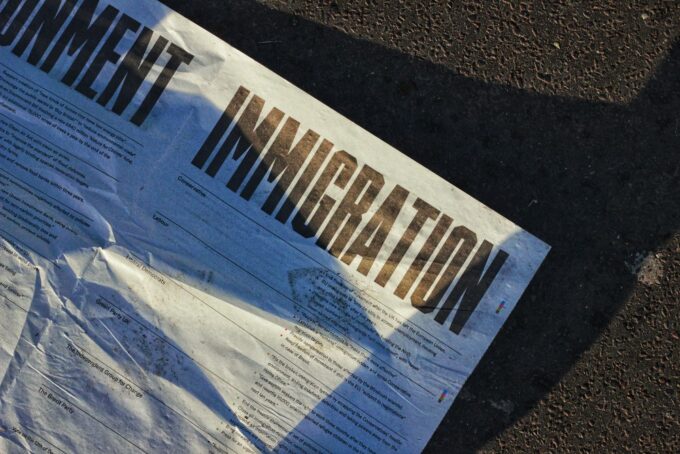Immigration laws are complex, and the UK’s recent changes to them have made it even harder for people to navigate the system. One group that is especially vulnerable is victims of domestic violence. While victims of domestic violence are entitled to leave their abusive partners, they may not be able to do so if their immigration status is tied to their partner. This can leave them in a dangerous situation where they are unable to get help from the authorities or leave the country. In this blog post, we will explore the issue of domestic violence and immigration status in the UK. We will look at the recent changes to UK immigration law and how they may impact victims of domestic violence. We will also provide resources for those who may be in an abusive situation.
What is Domestic Violence?

Source:facebook.com
Domestic violence is a serious problem that can have devastating consequences for victims, their families and friends, and the community as a whole. It is defined as any behaviour within an intimate relationship that causes fear, physical, sexual or psychological harm.
There is no one type of domestic violence – it can be physical, emotional, financial or sexual. And it can happen to anyone, regardless of gender, age, ethnicity, sexuality or social status. Domestic violence is not just about one person being violent or abusive to another – it also includes coercive and controlling behavior (including threats, intimidation and isolating someone from their friends and family).
If you are experiencing domestic violence or know someone who is, please get help. There are many organizations that can offer support and advice.
How Can Domestic Violence Affect Immigration Status in the UK?

Source:birmingham.ac.uk
There are many ways in which domestic violence can affect a person’s immigration status in the UK. If a person is the victim of domestic violence, they may be unable to work or study, and may also have difficulty accessing housing, healthcare and other support services. This can make it very difficult for them to meet the requirements of their visa or leave to remain in the UK.
Spouse abuse visa holders have very little protection under UK law and may be deported if their relationship breaks down.
If a person is on a spousal visa and their relationship breaks down due to domestic violence, they may be able to apply for a divorce on the grounds of domestic violence. This can help them to obtain a divorce without having to meet the usual residency requirements. If a person has been granted asylum in the UK on the basis of domestic violence, their immigration status will usually be reviewed after five years. If they have not managed to escape their abusive situation during that time, they may be required to leave the UK.
Domestic violence can therefore have a significant impact on a person’s immigration status in the UK. If you are experiencing domestic violence, it is important to get help and advice as soon as possible from an experienced professional.
Conclusion

Source:thecut.com
The issue of domestic violence is a complex one, and its effects on immigration status in the UK can vary depending on individual circumstances. However, it is important to be aware of the potential implications that domestic violence can have on immigration status, as this can help to better protect victims of abuse. If you or someone you know is affected by domestic violence, there are a number of organizations that can offer support and advice.

